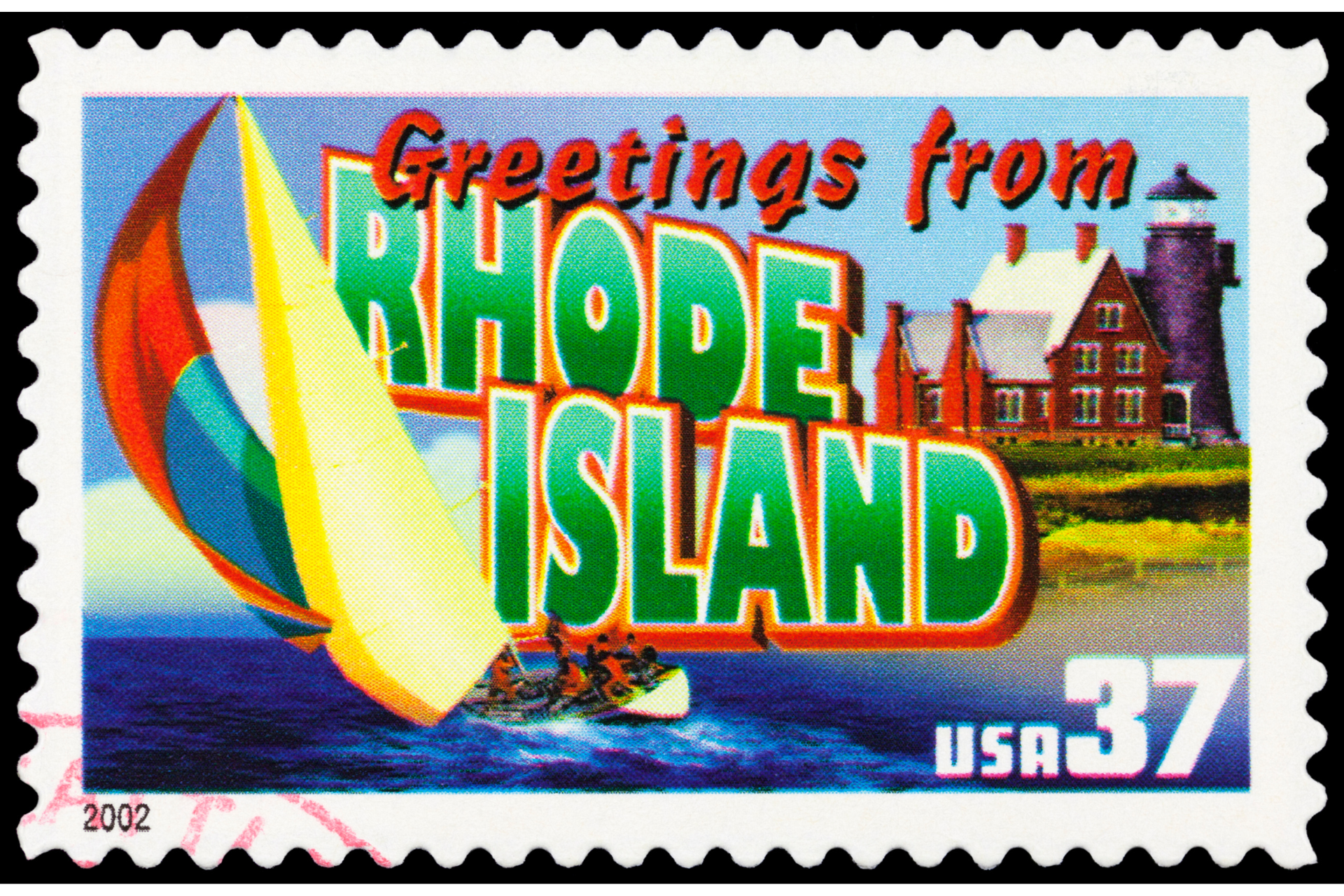Puerto Rico’s population is declining, but in Massachusetts the numbers are climbing. Just over 13% of residents of Massachusetts are Hispanic, according to Census Bureau figures for 2023, and 332,682 of them trace their roots to Puerto Rico.
People of Puerto Rican heritage are now the second largest Hispanic group in the U.S., but there are so many Hispanic groups throughout the nation that Puerto Ricans still make up less than 10% of the total Hispanic population, far behind Mexican Americans in number.
In Massachusetts, Puerto Ricans make up 8.8% of the total population, and 38.5% of the Hispanic population.
In cities like Boston, Puerto Rican communities have been established since the first great wave of migration to the mainland in the 1950s, but the Connecticut River Valley region of the state is now seeing its greatest level of population growth among Puerto Ricans. The overall Hispanic population in Massachusetts has grown by more than 46% in the past decade, and Puerto Ricans seeking a better life on the mainland make up the largest part of that increase. In Holyoke, over 40% of the population identifies as Puerto Rican. The Puerto Rico origin population of Springfield is roughly a third of the city.
The video above, aired on the anniversary of a political status referendum in Puerto Rico, reflects interest stateside that continues today.
History of Puerto Ricans in Massachusetts
Puerto Ricans began coming to Massachusetts early in the 20th century, and large numbers arrived after World War II, working in the agricultural field during the growing season and returning to the Island for the winter. The earliest permanent residents may have been overlooked in census records, as people from Puerto Rico were generally identified as coming from Spain. Over time, however, seasonal workers began to stay in the states, switching to factory work when the agricultural jobs ended following harvest.
Puerto Rican communities developed in Springfield and Holyoke as families settled in.
Representation
Ed Markey (D-MA) recently signed on as cosponsor of the Puerto Rico Nutrition Fairness Act. He also cosponsored the Equitable Nutrition Assistance for the Territories Act of 2020. His campaign website includes a statement that “Puerto Ricans deserve to be treated equally by the federal government.” This is just one of many statements the senator has made supporting Puerto Ricans, and just one of many actions he has taken to protect the Island.
“Our movement stands with the Puerto Rican community, both in Massachusetts and on the island, in their struggle for justice and self-determination,” he has posted at his Facebook page.
Fellow Massachusetts Senator Elizabeth Warren (D-MA) is in original cosponsor of the Puerto Rico Nutrition Fairness Act, having signed her name in support of the legislation upon introduction in March of 2023. She has also fought for Puerto Rico nutrition assistance in the past.
As U.S. Senators from Massachusetts, Warren and Markey may have greater awareness of Puerto Rico than senators from many other states. The larger proportion of Puerto Ricans in Massachusetts and the long history of exchanges between Massachusetts and Puerto Rico could naturally lead to this awareness.
In the U.S. House of Representatives, Massachusetts Congressman Jim McGovern (D-MA) was an early supporter of the House companion to the Senate bill. A leader in the fight against hunger, Rep. McGovern is inclusive of Puerto Rico in Federal nutrition assistance proposals.
Richard Neal (D-MA) is another example of a legislator from Massachusetts with a strong record of working toward equal rights for Puerto Rico, using his leadership role in the House of Representatives Ways and Means Committee to fight successfully for Puerto Rico’s inclusion in the Child Tax Credit in 2021.
Since Puerto Rico has no senators and only one non-voting member in the House, Puerto Rico must rely on states’ representatives to speak up for the territory in Congress. Often, the legislators who do this are from states with larger Puerto Rican populations.
Updated on March 20 to reflect that Sen. Warren is also a cosponsor of the Senate bill and that Rep. McGovern supports the House bill.


